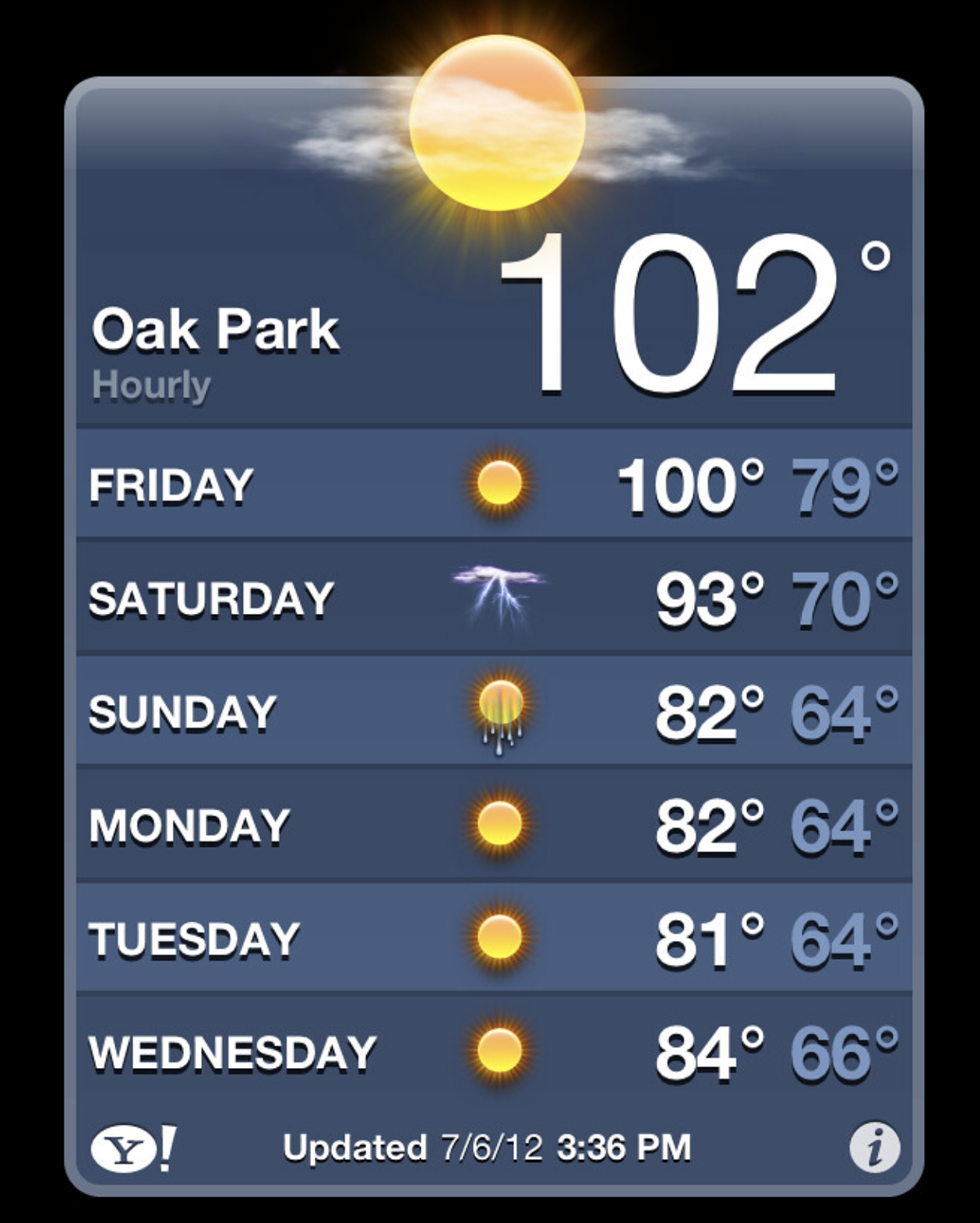INSIDER – Aspirin and beta blockers, used to protect heart health, may make it harder to handle the heat.
Even younger people may be more susceptible to heat-related heart attacks without proper precautions.
Researchers from Yale University and the German Research Center for Environmental Health looked at data from 2,494 heart attack cases in Germany between 2001 to 2014, during warm weather months from May to September.
They compared cases to use of medications that typically protect heart health, including anti-platelets like aspirin that reduce heart attack risk, and beta blockers that treat high blood pressure.
Previous studies from the researchers suggested that very hot weather increases the risk of heart attacks — they wanted to see if medication use played a role as well.
They found that people taking beta-blockers or anti-platelet medications like aspirin were 63-65% more likely to have a heart attack on hot days, compared to more moderate temperature days.
People who took both had a 75% higher risk. In contrast, people who weren’t taking the medications did not have a higher risk of heart attack on hot days.
While the study found a link between the medications and higher risk, it doesn’t directly show that the drugs themselves are to blame.
One explanation may be that people who are taking those medications are already at higher risk of heart problems, according to the researchers.
However, the researchers found that young people, who generally had better heart health, were more at risk of heat-related heart attack than people in their 60s and 70s if they took the medications.
People under 60 years old were also three times as likely to have heat-related heart attacks if they took statins, medications to lower cholesterol.
The researchers hypothesized that the specific medications may make it more difficult for people to regulate their body temperature in warm weather, according to Kai Chen, first author of the study and assistant professor in the Department of Epidemiology (Environmental Health) at Yale … READ MORE.



